Historically connected with its euphoric properties, cannabis has historically been linked mostly with THC (tetrahydrocannabinol). But in recent years, another molecule—CBD (cannabidiol)—has attracted a lot of interest for its possible medical advantages free of THC’s sedative properties. Though they come from the same cannabis plant, CBD and THC have different effects, legal status, and possible uses. The products by exhalewell offer natural remedies meant to increase general wellness, better breathing, and relaxation.
Chemical Composition and Human Interaction
Though their molecular structures are same, CBD and THC interact with the body in somewhat different ways. Both drugs are cannabis that interact with the endocannabinoid system of the body, a network of receptors designed to regulate many functions including pain, mood, and appetite. But THC hooks itself right away to the CB1 receptors in the brain, which causes the psychoactive effects—that is, the “high”—connected with marijuana use. CBD is a good option for people seeking relief without the high since it interacts more indirectly with the endocannabinoid system and does not produce intoxicating effects.
Psychoanactive effects
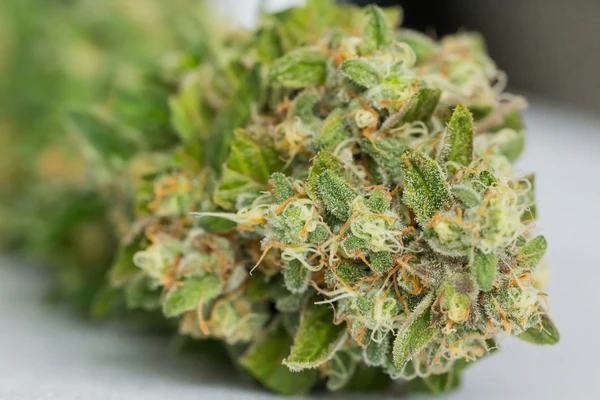
The most clear difference between CBD and THC is their respective euphoric effects. THC is the key component producing the pleasant effects linked with marijuana. When THC binds itself to CB1 receptors in the brain, it alters consciousness, emotion, and perception, therefore generating the strong sensation. On the other hand, CBD has non-psychoactive properties and generates other effects. For people looking for therapeutic benefits without altering their mental state, CBD is consequently a common substitute. While THC can cause mental changes, CBD is typically used to help one relax, reduce anxiety, and improve focus without compromising cognitive capacity.
Medical Opportunity
Though both CBD and THC have possible medical benefits, they are mainly used to treat different ailments. Especially among cancer patients or those on chemotherapy, THC is often used to manage symptoms including nausea, chronic pain, and loss of appetite. Conditions include glaucoma and muscular tension in multiple sclerosis have also shown relief from it. On the other hand, widely sought for are CBD’s anti-anxiety and anti-inflammatory properties. It has shown promise treating chronic pain conditions, anxiety disorders, and epilepsy free of risk of intoxication.
Although both CBD and THC are two of the most well-known cannabis compounds, their effects on the body and mind are somewhat distinct. Common for its psychoactive effects, THC is used recreally and in some medical conditions. CBD is a flexible option for others seeking relief from inflammation, discomfort, or anxiety since it offers therapeutic benefits without the strong effects. Understanding the differences between these two drugs can help consumers select which one meets their need the most. Exhalewell offers premium wellness products by exhalewell designed to improve your health and enable a balanced way of life.


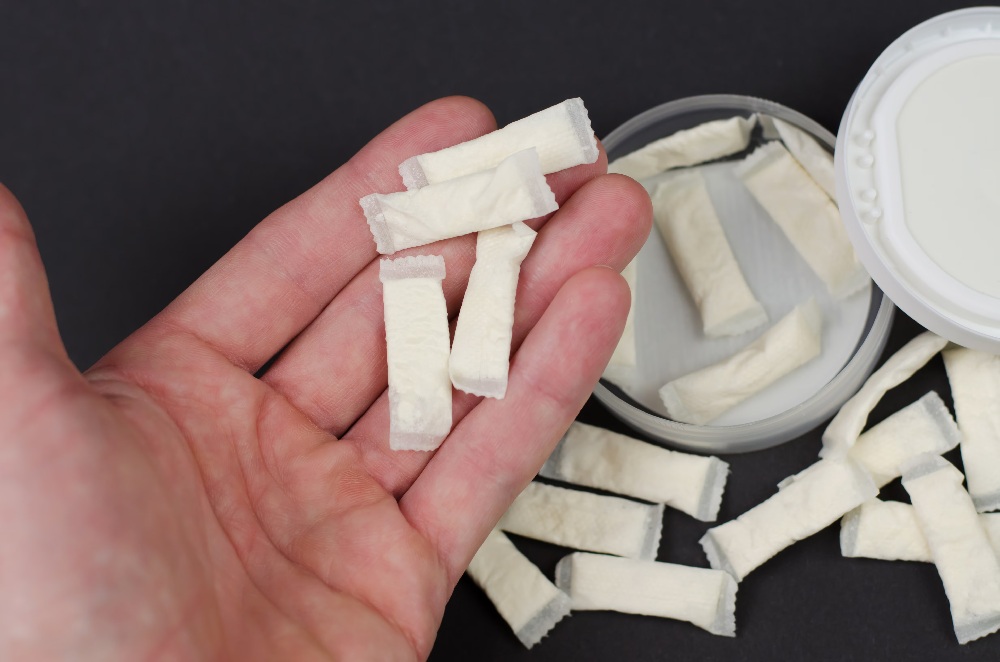
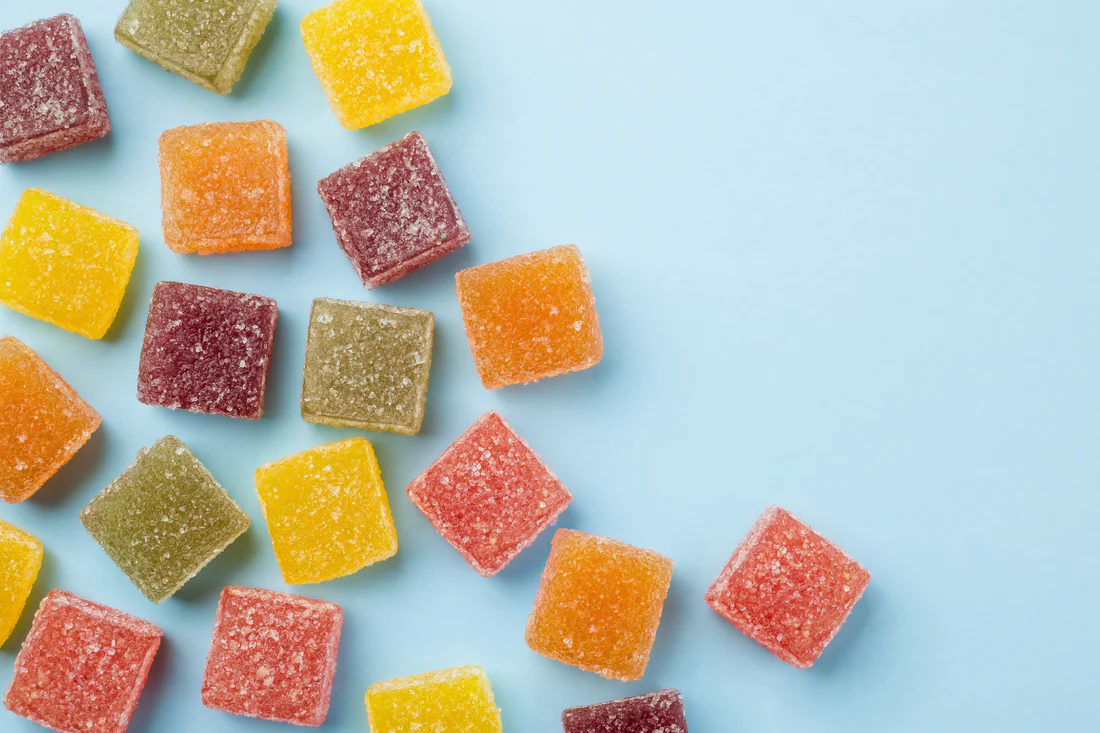

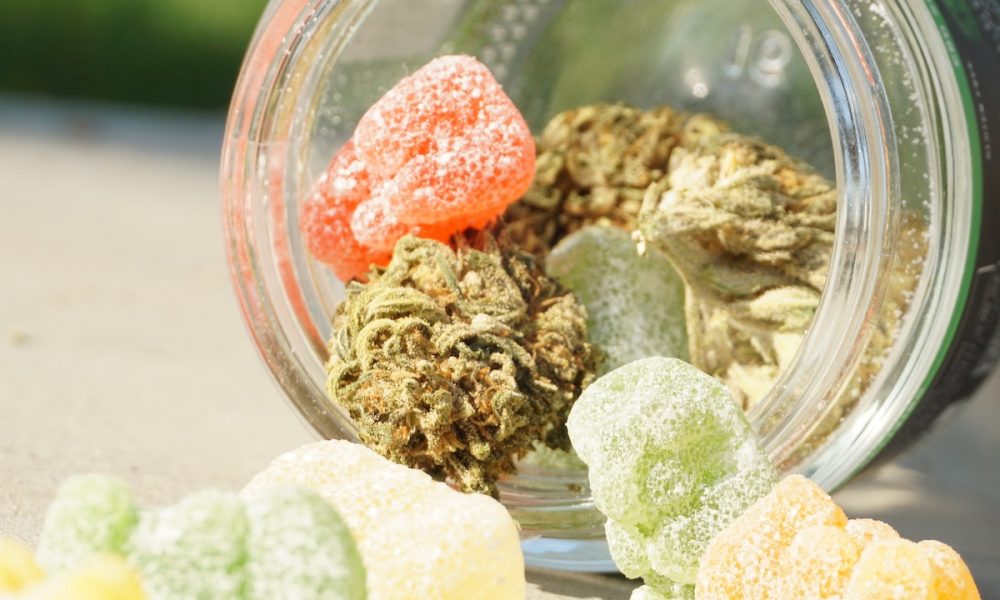

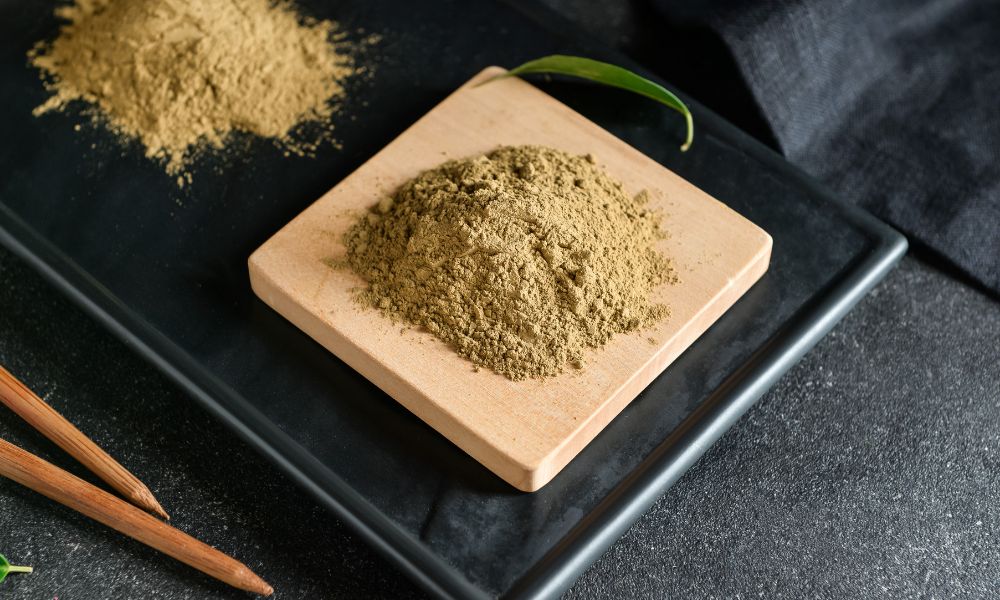



Comments